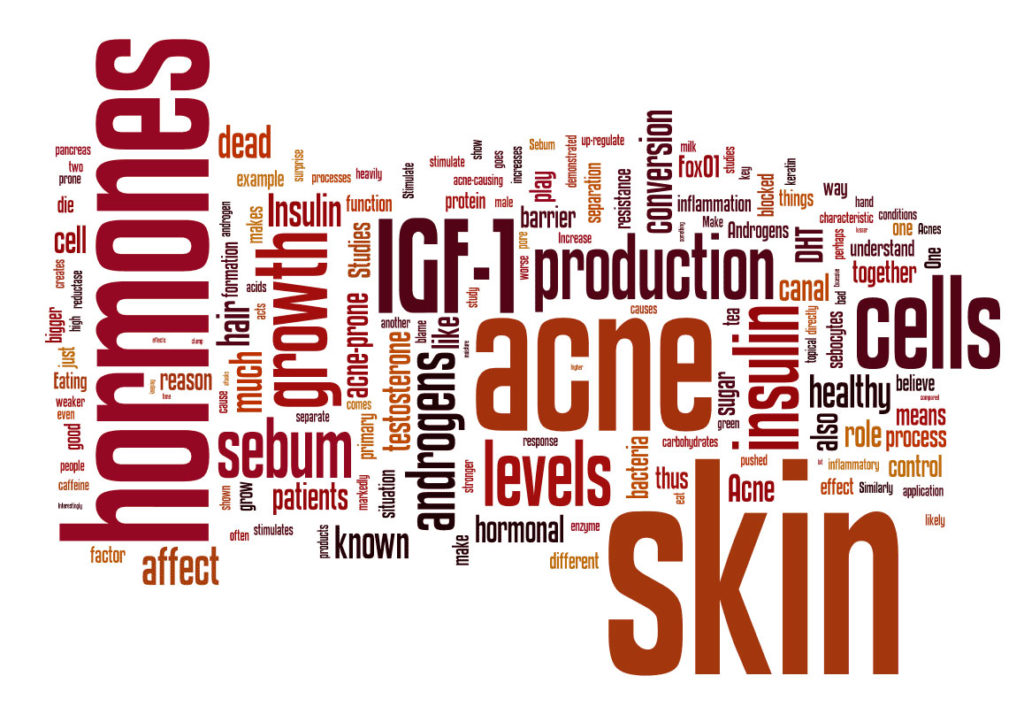Nuts are an incredible, nutrient dense food. They are full of good fats, vitamin E and a substance called arginine. Once arginine enters your body it is converted to nitric oxide which relaxes the walls of your arteries (making them more flexible). Arginine also helps to prevent the formation of plaques. This is pretty significant because plaque formation on the walls of the arteries causes a narrower gap for blood to pass through. Any clots that may form could cause a blockage, which will result in a heart attack. The risk of heart disease is lower in countries where nuts are eaten as part of the everyday diet. There is evidence that nut consumption also lowers the risk of type 2 diabetes in women & the risk of prostate cancer in men.
Nuts are also a great source of:
· Omega 3 oils – fantastic for heart and brain health. Walnuts are especially high in omega 3. Nuts don’t contain any dietary cholesterol, are very low in saturated fats and are one of the best plant-based sources of omega 3.
· Protein – especially good for vegetarians.
· Vitamin E – an anti-oxidant that mops up the free radicals which form in our bodies and prevents our cells from damage. It also prevents plaques from forming on the walls of the arteries and so protects your heart. Almonds and walnuts are especially good sources of vitamin E. Thirty grams of almonds provides all the daily requirements of vitamin E for adult females & almost all for adult males.
· Fibre – is known to help lower cholesterol levels in your body. Peanuts (a legume, not really a nut), almonds and hazelnuts contain more fibre than other nuts.
· Plant sterols – prevents the body from absorbing cholesterol and so can help lower cholesterol levels.
· Folate – overall healthy functioning of all cells in the body and prevention of neural tube defects (Spina Bifida) in foetuses of pregnant women.
· Selenium – important for a healthy immune system and healthy thyroid function. New Zealand soils are low in selenium. Just one or two brazil nuts a day will provide all the selenium you need. It’s important not to eat more than this on an everyday basis as selenium can be toxic in large doses.
There is so much great information about nuts that I will continue with this topic next month




